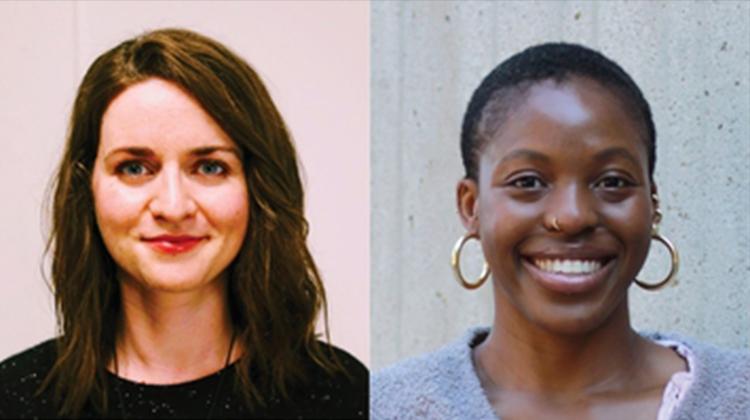Let’s Design Board Games! — Explore a playful way to tackle social and cultural issues
Hello, game designers! Welcome to this two-week long, 5-session board game design workshop. Board game design is an inclusive art method, creating a relatively free and safe space for all ideologies and opinions. We believe in the board game’s power to deliver touched narratives, make unapproachable themes accessible, and build intimacy in social relationships. In this workshop, we will focus on the board game’s overlooked educational and intellectual aspects that could serve as a tool to tackle social and cultural issues in daily life. There’s no prerequisite for the workshop, and we welcome all from the MIT community regardless of background, age, and experience.
During class, we will play, discuss, demonstrate, design, and play-test board games. Through a mixture of learning methods, you will understand how board game design can help raise awareness, propose interventions, and resist existing problems in a playful tone, and gain knowledge that allows you to evaluate and analyze any board games in the future. Most importantly, this workshop will help you start designing and developing your board game prototype. You can bring any topics, themes, or questions you might have been thinking about into this course and explore them within the framework of gameplay design. You are encouraged to work in a group of two for the final deliverables.
By the end of this workshop you will be able to:
- Utilize the four elements of game design (aesthetic, story, mechanics, and technology) as a tool kit to assess any kind of board game and set goals for your design.
- Gain familiarity with board game mechanics, and be able to identify fair and balanced gameplay strategies for your board game.
- Articulate a main theme and a preliminary storyline of your board game and how they support the game in tackling social and cultural issues.
- Deliver a playable game prototype
- Click here to register
Funded by the Council for the Arts at MIT and the MindHandHeart Innovation Fund






